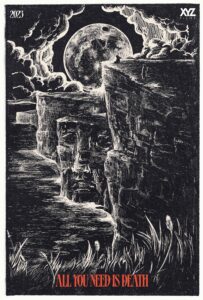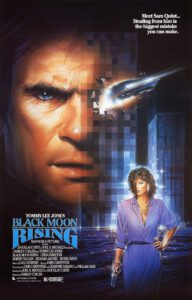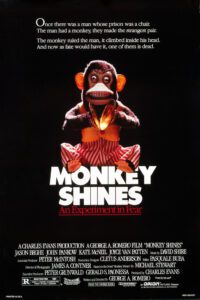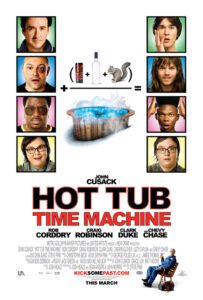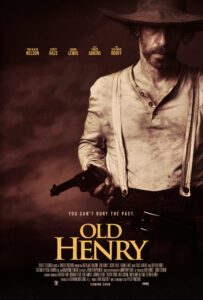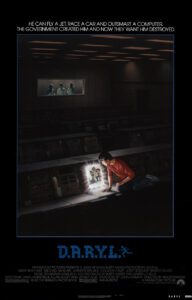I watched 6 movies last week:
- Ballistic: Ecks vs. Sever has a reputation as one of the worst movies ever made. Insofar as the movie earns anything, it earns that reputation. Roger Ebert was too kind when he called this incoherent, sleepwalking tedium “an ungainly mess, submerged in mayhem, occasionally surfacing for cliches.”
- Even if I didn’t know Terry Gilliam had ever seen The Fabulous Baron Munchausen, I probably could have guessed it. The movie—which, for the record, he said “captured the real spirit of the character”—is like the most Gilliamesque thing he never made. It’s delightfully silly and visually inventive in so many unexpected ways.
- Vamps is not without its cornball charm, but that’s thanks to the cast, not to any of the movie’s tired jokes or cheesy effects or shambling plot. The cast fully commits to the bit—no vampire pun intended, although that’s about the quality of the humor on display here. It’s not enough to save the movie, but there is an amiable, if somewhat halfhearted, charm to the whole thing.
- The Great Bank Hoax is exceptionally dull. There’s a decent enough idea for a comedy of errors in the basic setup, but the movie is all errors, no comedy, and there are a lot of good actors stranded in bad performances. A real waste of everyone’s time, my own included.
- There’s nothing particularly original in Ash‘s story—it would probably be a spoiler just to say what sci-fi horror movies it’s most indebted to, if not ripping off—but it’s handled with no small amount of visual style.
- Fritz Lang’s Fury isn’t necessarily subtle in what it says about mob violence, but it’s well acted and very well shot.
I also rewatched White Sands and Phantasm, although a week apart from one another, not as a double-feature. White Sands I had watched sometime in the early 2000s, when I was on something of a Mickey Rourke kick, but I remembered almost nothing about it. It’s pretty good, if a little overly complicated and not entirely satisfying, but also very much the kind of movie I could see myself completely forgetting about again for another twenty or thirty years. Meanwhile, I’d seen Phantasm a little more recently, though still almost twenty years ago at this point, and I remembered really disliking it then. I still think it’s a very bad movie in a lot of the things that matter, like story and acting and effects, but as a weird low-budget meditation on grief and nightmares—almost a surreal art piece? There’s something almost compelling there.
